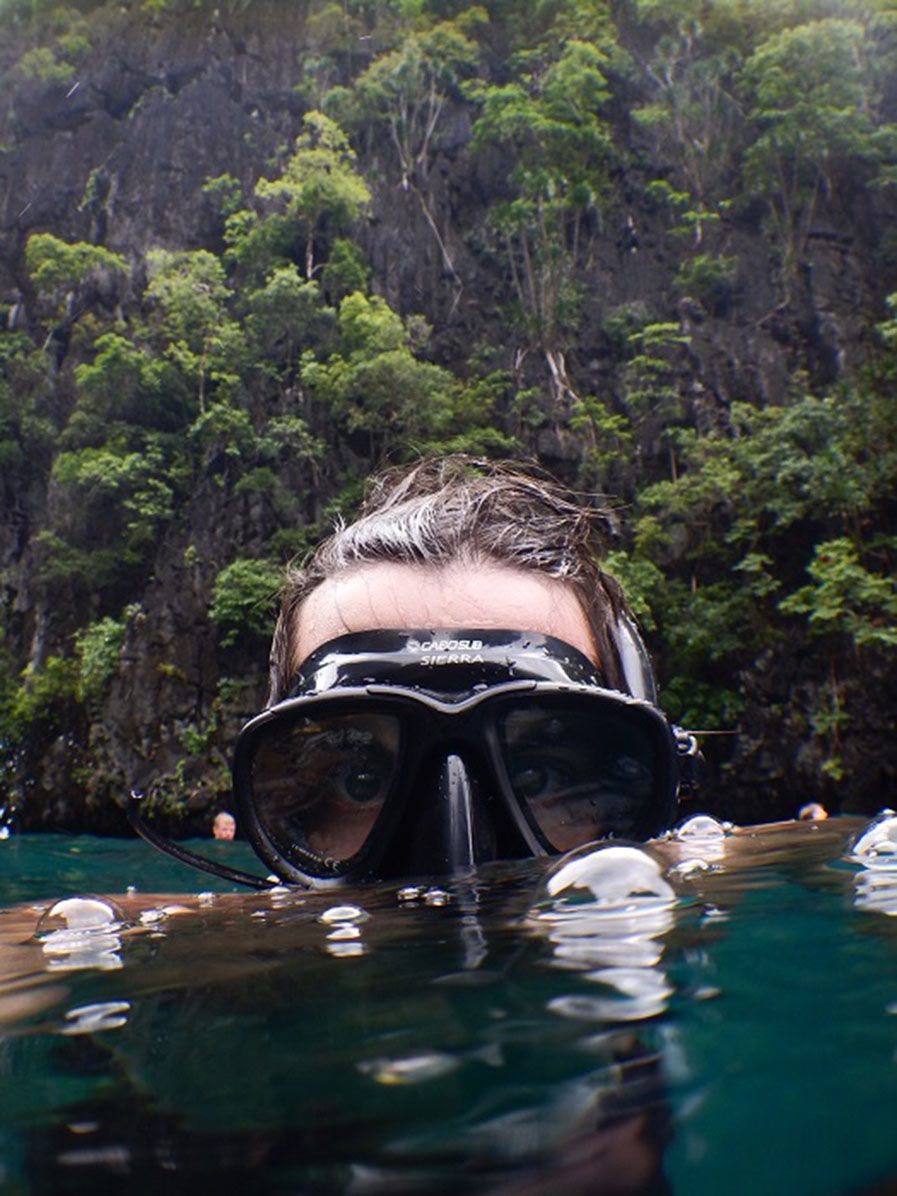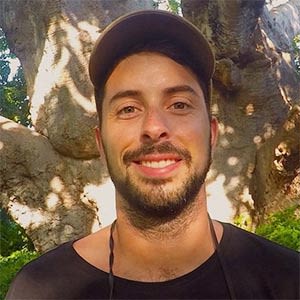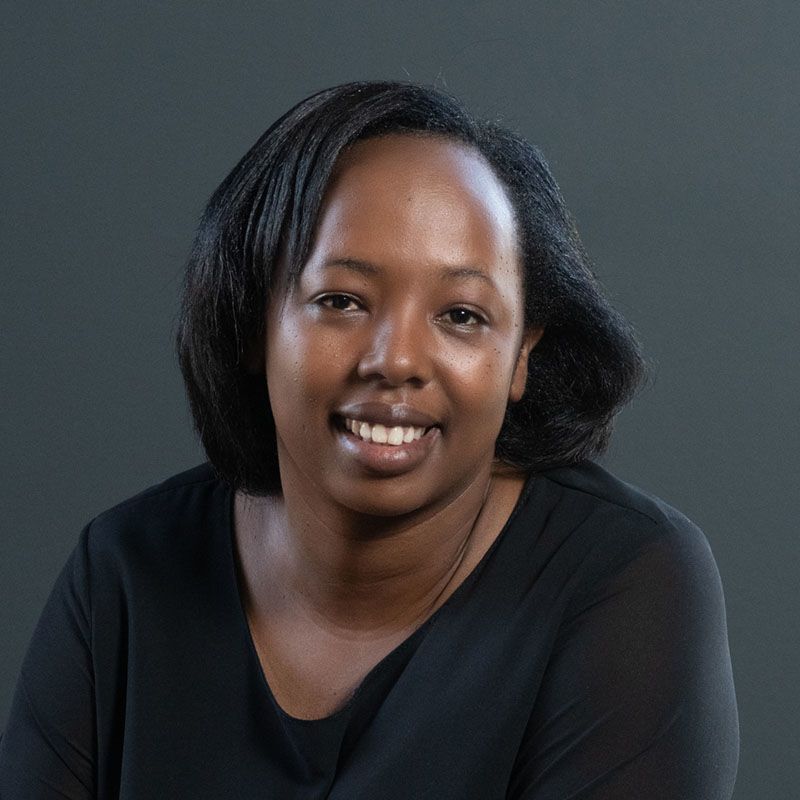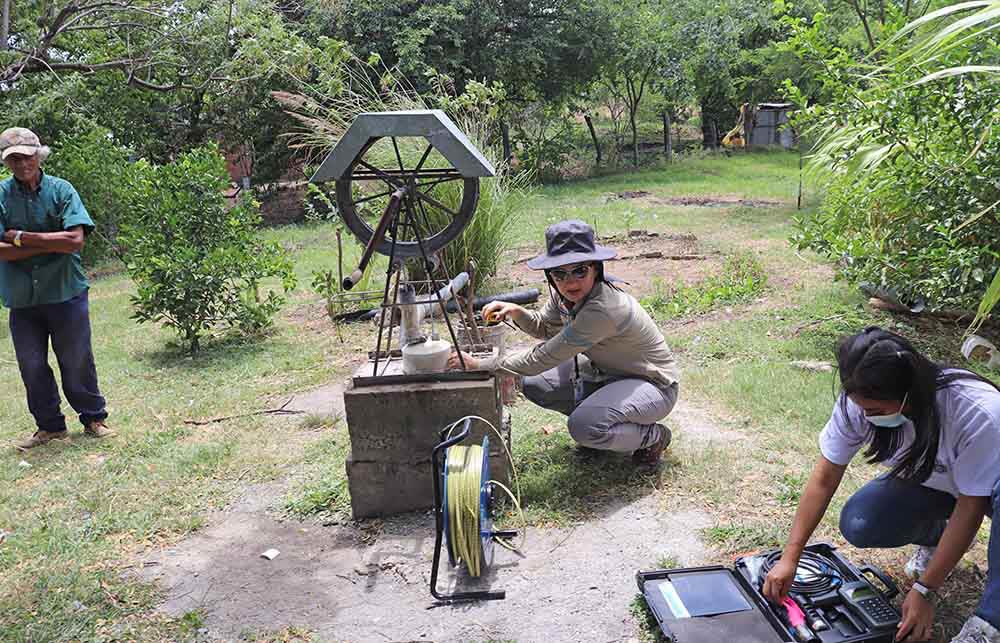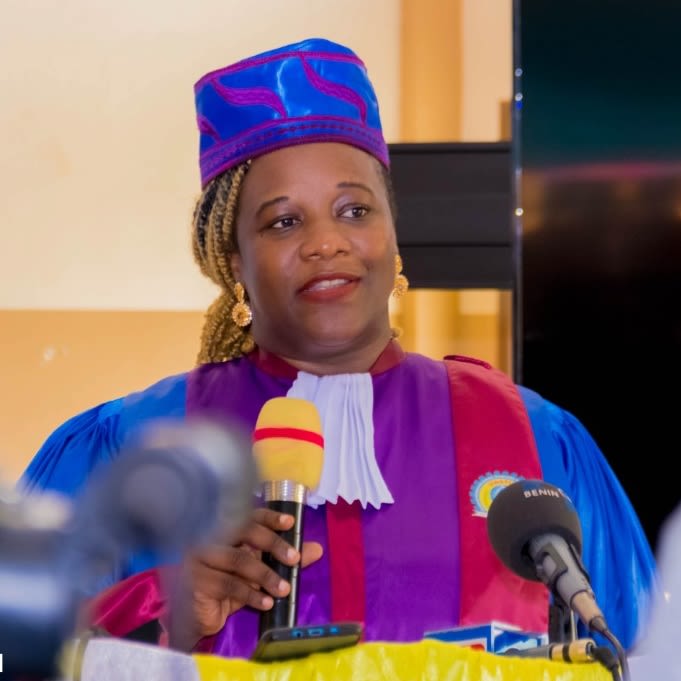Open access research that aims to change the world
Researchers reveal why they choose to publish open access
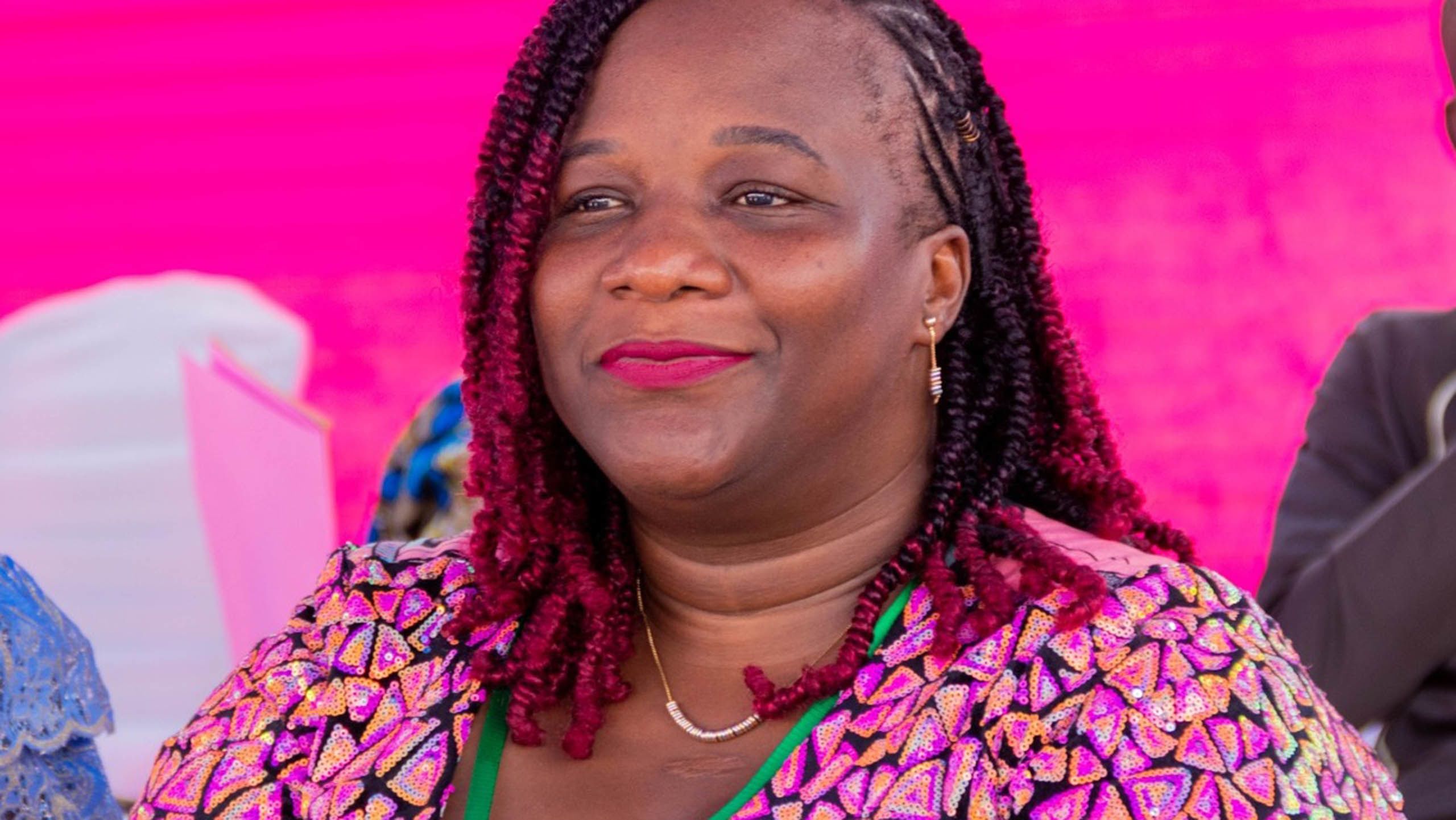
How you publish and share scientific research is an important choice. It reflects your research goals and the nature of your research.
At Elsevier, we offer a range of open access options to fit the needs of researchers, funders and institutions globally. Throughout the year, we have spoken with researchers from around the world about their choice to publish open access and how it helps them make a difference in their communities and beyond. Here, we present a few of their stories for Open Access Week 2023.
Shedding light on the underworld of fisheries
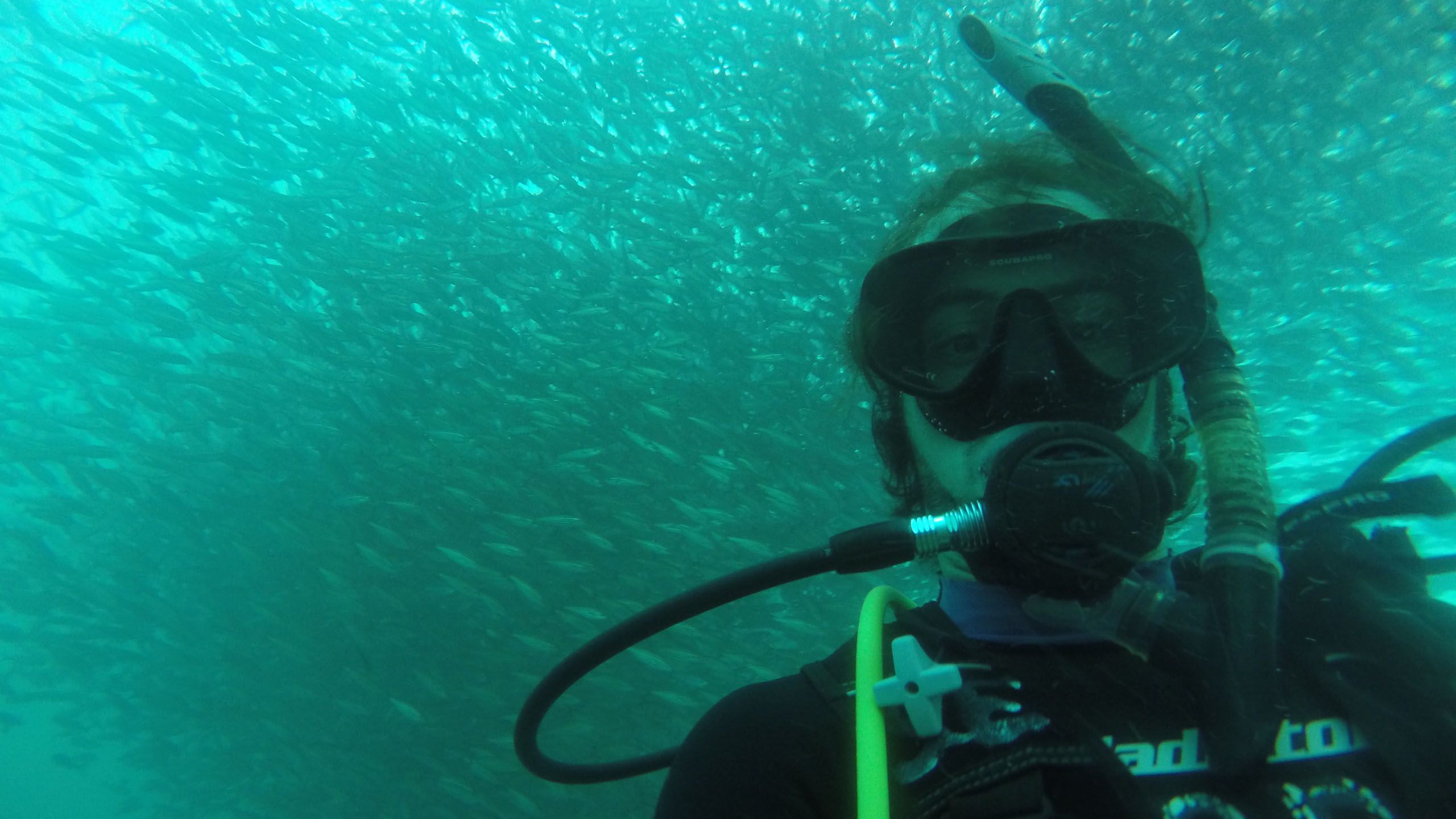
Studying the effects of illegal fishing, Rodrigo Oyanedel relies on open access to bring quality research to fishing communities in Chile
Rodrigo Oyanedel's research on ocean conservation pulls him into some challenging situations. With a focus on the way people interact with the ocean’s resources, Rodrigo has a particular interest in the effects of illegal fishing, from Chile to Bangladesh. He builds trust with fishers in these communities, working alongside them in their boats and gaining a deep understanding of their motivations, challenges and life experiences.
As a researcher at Pontifical Catholic University of Chile, he and his team analyze the levels of the wildlife trade, accounting for the complexity of these markets and the different dynamics driving the trade of illegal products, and from there looking at ways to incentivize legal trading.
However, as his work takes him further up the supply chain of illegal fishing, he has found that the so-called “middlemen” have little interest in enabling research, and their strategies revolve around corruption and intimidation:
It’s a bit like a mafia — they put money into bribery and enforcement. It gets quite complicated. These middlemen prevent the fishers from taking part in legal economic activity because these middlemen will come down hard on you, and it can be quite dangerous.
To ensure that his research can be used to support policies and action in developing countries, Rodrigo often chooses to publish open access, seeing it as a way to bring his work to the right audience.
Rodrigo Oyanedel diving in the Philippines for his research
Rodrigo Oyanedel diving in the Philippines for his research
“I had a meeting with people in the Chilean government about my research, and when I arrived at the building they said, ‘We’ve been reading your papers.’ The first time that happens, it’s a real ‘woah!’ moment. And it’s likely because of open access — if they can open the link without any issues the first time they receive it, government officials are more likely to engage with it.”
Feeding the future with science
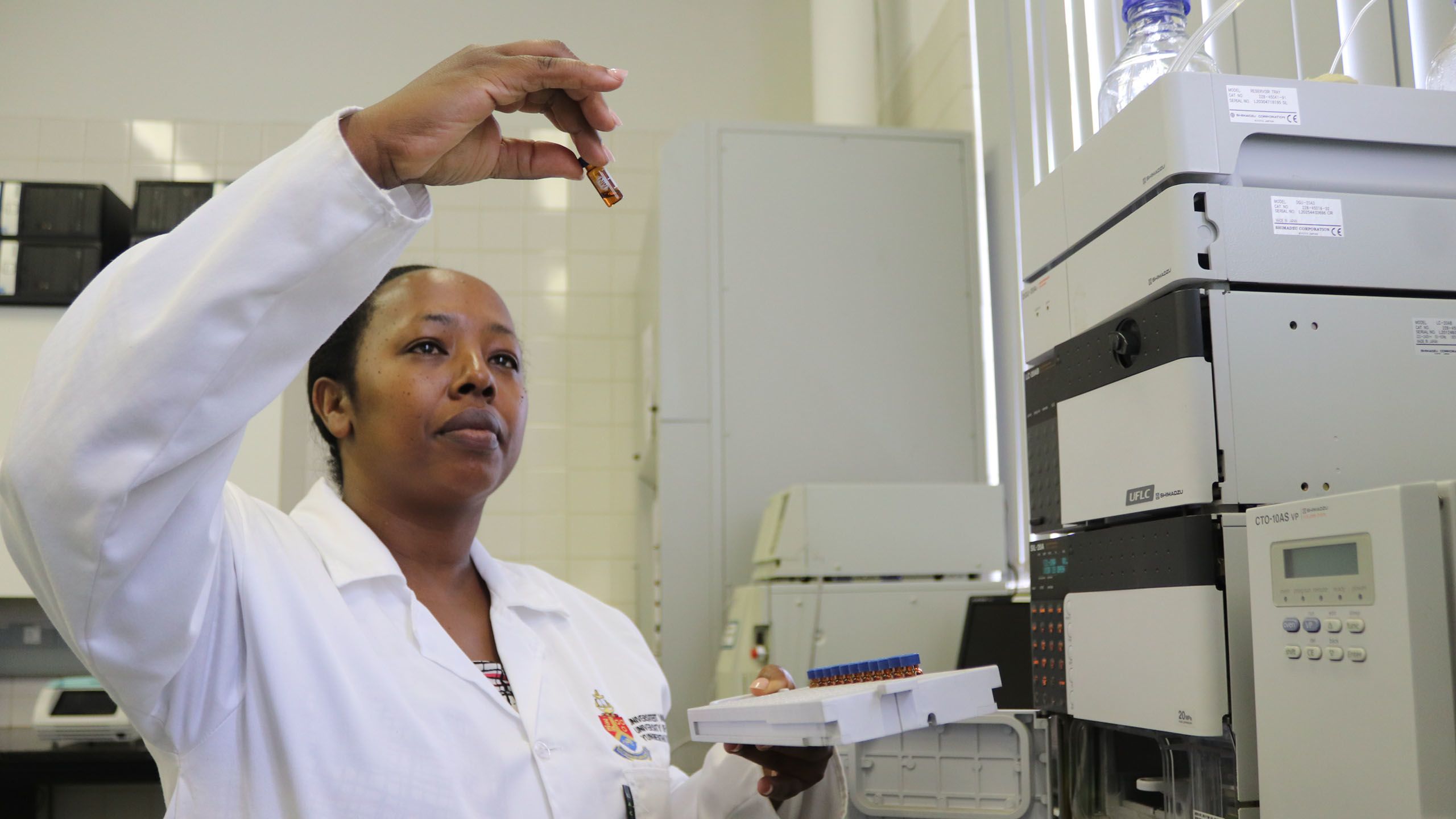
Personal experience with food insecurity led Prof Eugénie Kayitesi to pursue research into making indigenous foods more nutritious — and publish it open access
Eugénie Kayitesi spent the first seven years of her life moving from one refugee camp to another as she and her parents fled the civil war in Uganda. She experienced first-hand the devastating effects caused by not having enough food:
“From one country to another, a lack of food was part and parcel of that experience. I saw people die from hunger or malnutrition-related issues.”
The experience led her to the path she is on today. Through her research, Eugénie hopes to improve nutrition, diet and food security in Africa and beyond.
“I think for most people, your career choices — your drive — is based on some of your experiences.”
“For years, you’d publish papers and they would stay locked up, with only those with money getting access. I think open access is an amazing tool.”
Democratizing science through open access publishing
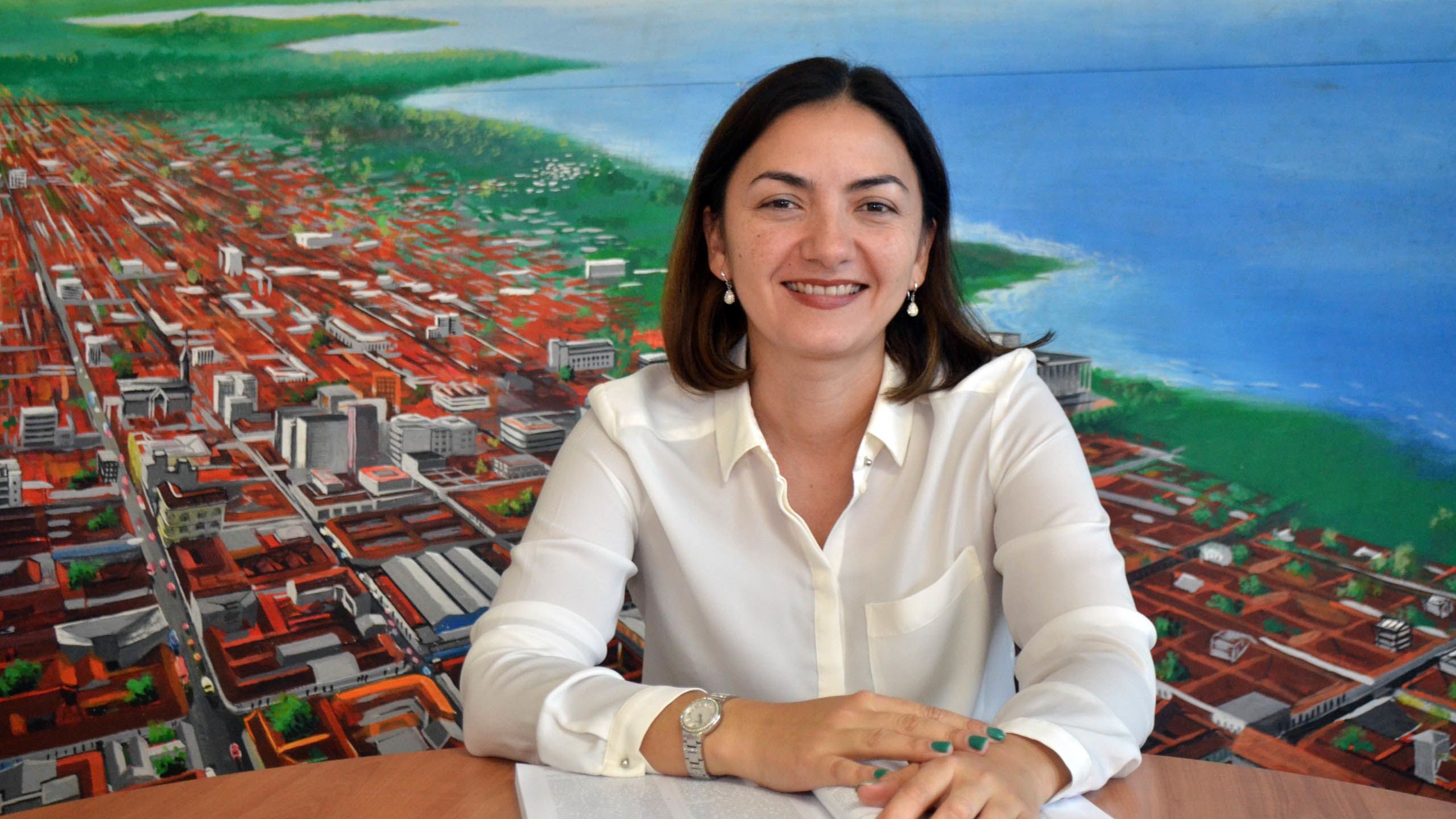
With a career focused on sustainable water management in Central America, Dr Heyddy Calderon has made remarkable achievements in a relatively short time.
Her most recent research projects include analyzing groundwater occurrence and recharge across the little-studied Central American Dry Corridor, which spans the Pacific Coast from southern Mexico to Panama. About 10.5 million people live in this region, where cyclic droughts affect their livelihoods, based mainly on rain-fed agriculture. These droughts also cause social and economic stresses; 3.5 million need humanitarian assistance, and 1.6 million suffer from food insecurity.
For Heyddy, the appeal of hydrology comes to a fundamental question of roots:
“I live in Nicaragua, which has water everywhere. The name of the country even has ‘agua’ within it, which is the Spanish for water. We live around water, we work with it.”
Often, the rural communities Heyddy works with on research projects already have an innate knowledge of their surroundings, environment and how water functions. This leads to amazing opportunities for knowledge-sharing and improvements in water management.
“We learn a lot from the communities. Some of the women struggle looking after families and getting water from remote areas, but they never complain. Their strength is inspiring. We don’t see ourselves as saviors; we just help provide some different perspectives. It's exciting to see how a community can change and improve their conditions.”
“Open access publishing is indispensable …”
Dr Heyddy Calderon and her research team share their knowledge with community members — and learn from them as well.
Dr Heyddy Calderon and her research team share their knowledge with community members — and learn from them as well.
As a researcher, Heyddy feels she has been able to make an even greater contribution by publishing her work open access. She has used this approach for sharing research since her PhD in 2010:
“Open access publishing is wonderful — it’s a way to democratize science. If you need to pay to access a paper — well, you’re talking about a lot of money. Open access is indispensable, especially in developing countries.”
She also notes the great benefits for the scientists involved:
“It also helps make connections. I’ve had messages from people from different countries over open access articles, including young women who have been inspired to pursue similar scientific careers.”
Supporting open access in the developing world
As one of the fastest-growing open access publishers in the world, Elsevier enables open access in nearly all of its nearly 2,800 journals, with more than 150,000 gold open access articles published in 2022 and more than 700 fully open access journals. This allows researchers to share knowledge, data and findings with the wider community.
To bridge the digital research divide and ensure that OA publishing is accessible to authors in developing countries, all gold open access journals published by Elsevier are included in the Research4Life open access eligibility program, offering authors APC waivers or discounts.
As one of the six founding partners of Research4Life — a UN-publishers partnership providing access to academic content to the developing world — Elsevier contributes over 20% of the 194,000+ free resources available. Additionally, the Elsevier Foundation supports Research4Life with grants for information literacy capacity building, most recently through the Country Connectors program.
Finding natural solutions for devastating insects pests in West Africa
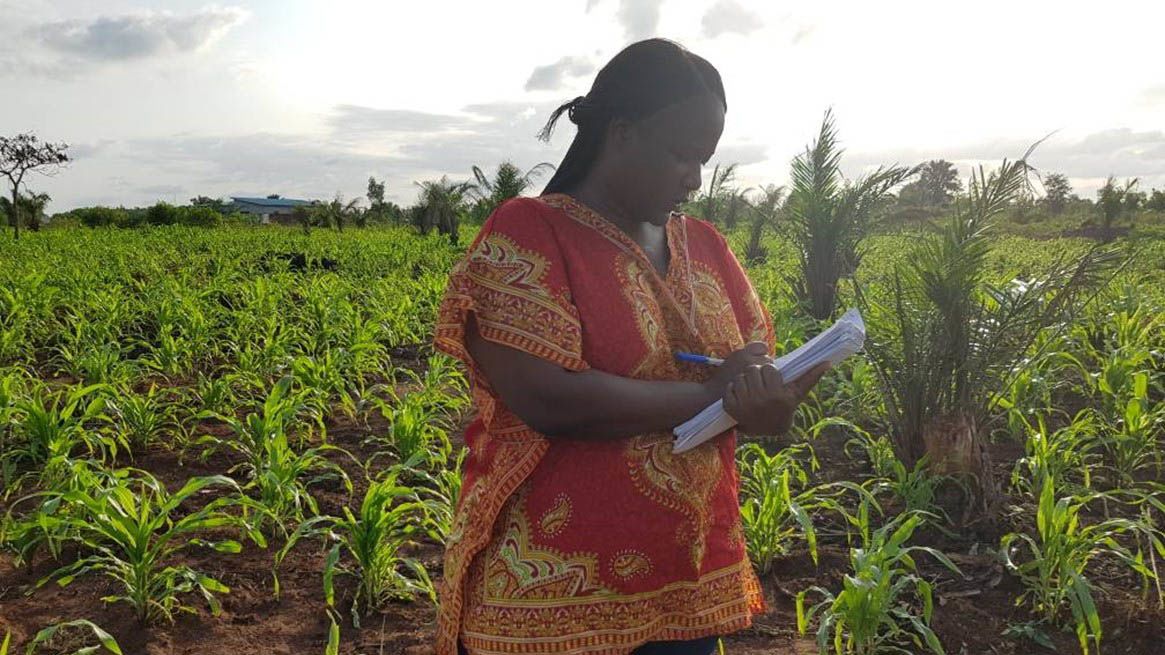
This researcher is developing eco-friendly insect control methods to protect crops — and sharing her work with farmers in Benin and beyond
Dr Yeyinou Laura Estelle Loko had dreamed of becoming a researcher since childhood. Growing up in Benin, she observed the struggles of smallholder farmers and felt there was an opportunity to help through scientific research.
During research for her doctoral thesis, she became aware of the devastating effects of insect attacks on food crops — and inadequacies in the current approach to control them:
“I surveyed more than 100 villages across Benin. I was shocked by the losses caused by pests, but also by the distress of the farmers trying to use chemical insecticides to control them.”
This revelation led her to seek environmentally friendly control methods to protect crops against insects.
To share her research as widely as possible, Laura prefers open access publishing.
“Open access publications have the advantage of making your research known to the entire scientific community. This has allowed me to collaborate with researchers around the world.”
